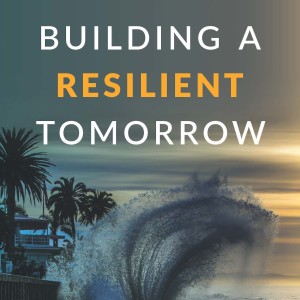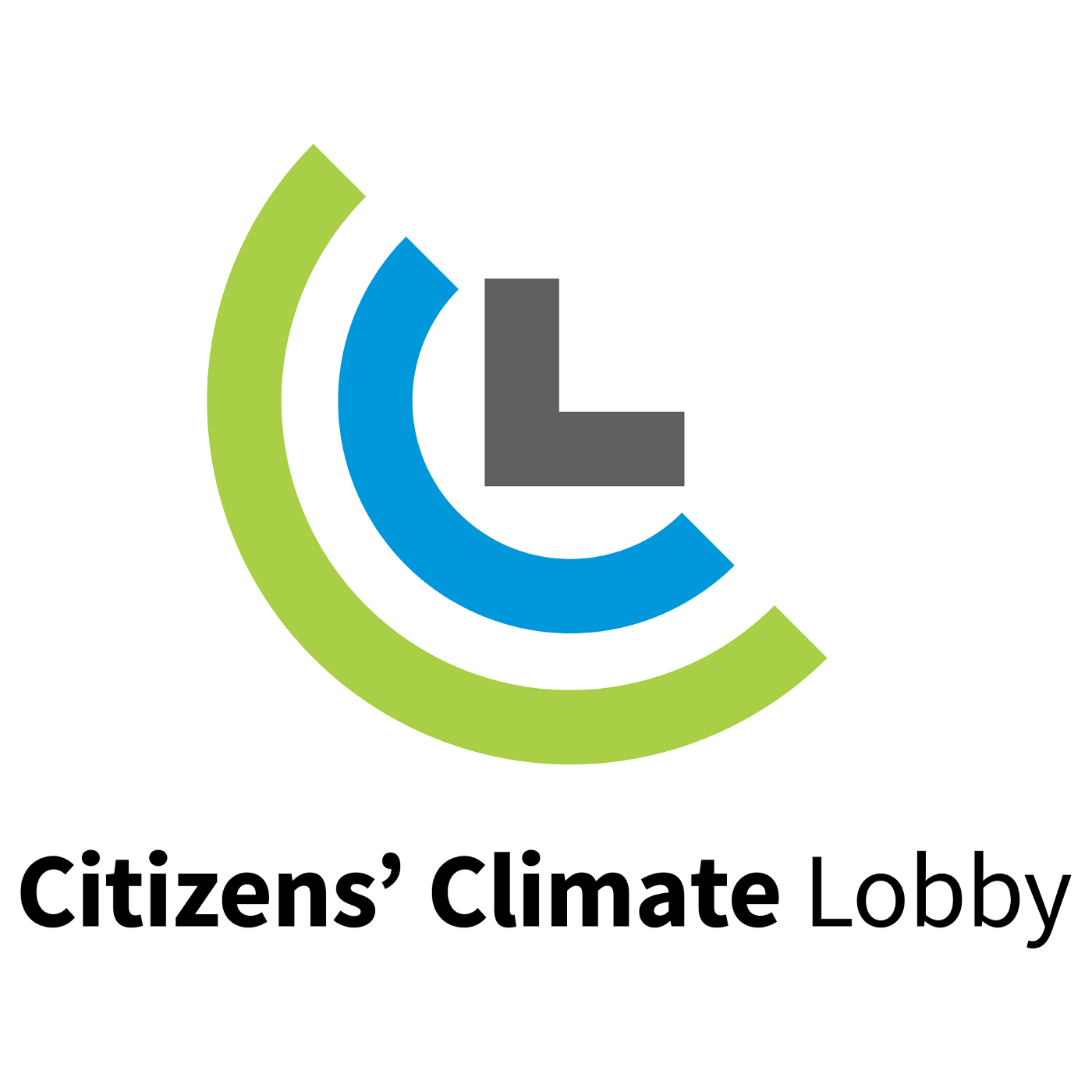Episodes

Friday Mar 27, 2020
CCR Ep 46 Coronavirus, Climate Adaptation, and a Resilient Tomorrow
Friday Mar 27, 2020
Friday Mar 27, 2020
The issue on most everyone’s mind right now is Coronavirus or Covid-19. We are witnessing a massive social and political transformation as we respond to the outbreak of the virus. Individuals have rapidly and radically changed their behaviors—from washing hands to self-isolating. Nations and local authorities are each taking their part to stop the spread of this disease. We see in real time how quickly and effectively we can adapt to a crisis. We also are discovering where we have failed to anticipate this crisis that is upon us.
The resilience and adaption we see happening all over the world, in our governments, and in our homes, have gotten some climate advocates reflecting on the preparations & rapid responses needed to address extreme weather events and other impacts from global warming. How is Coronavirus similar to climate change? How is it different?
Host, Peterson Toscano convenes a panel of experts to consider these questions.
- Dr. Natasha DeJarnett, the interim Associate Director of Program & Partnership Development at the National Environmental Health Association. In previous episodes she has helped us better understand public health issues and climate change. Whether she is discussing environmental racism and pollution, the illnesses afflicting coal miners in Appalachia, or promoting mental health in a time of Climate Change, Dr. DeJarnett provides well sourced and grounded information.
- Leonardo Martinez-Diaz, the director of the Sustainable Finance Center at the World Resources Institute. He leads the Center’s work to help drive finance into activities that promote sustainability and combat climate change. He served as Deputy Assistant Secretary for Energy and Environment at the US Department of the Treasury.
- Alice. C Hill, a senior fellow for Climate Change Policy at the Council on Foreign Relations. Over 10 years ago she joined the Obama administration as senior legal counsel to Homeland Security director, Janet Politano. As a climate change resilience expert, She believes we possess the tools to respond to the impacts of climate change. She and Martinez-Diaz co-authored the book, Building a Resilient Tomorrow: How to Prepare fo the Coming Climate Disruption.
In discussing the connections they see regarding our preparations for and responses to protecting the public from Covid-19 and the impacts of climate change, they point out that governments do not properly plan for unexpected future events because of a collective failure of imagination. Martinez-Diaz explains the idea of availability bias, “the difficulty that we all have to imagine things we have never seen before. Therefore, we have a lot trouble planning and getting ready for things for which we have no living memory.” This was true of Coronavirus and is also true for climate change.
In responding to crisis and suffering, they each point out the importance of having empathy towards those who are at risk, particularly the most vulnerable in society. This thoughtful and insightful conservation will help climate advocates better understand the work we seek to do in effectively communicating the urgency of climate change. Being able to tell stories to government officials and other stakeholders is a necessary skill to develop and hone.
Listen Now
(Podbean Embed Code)
The Art House
Survivor Generations 2165 An original radio drama by the Climate Stew Players.
Hear the story of Yuri Ivanovich Petrov. As a boy he survived the infamous 900 Days Siege of Leningrad during World War II. Though he experienced the unimaginable hardships, he also developed inventive ways to survive. The lessons he learned during the greatest crisis of his generation, can help give us hope and guidance for our own.
Hear the story of Yuri Ivanovich Petrov. As a boy he survived the infamous 900 Days Siege of Leningrad during World War II. Though he experienced the unimaginable hardships, he also developed inventive ways to survive. The lessons he learned during the greatest crisis of his generation, can help give us hope and guidance for our own.
Historical details and survivor narratives from the 900 day siege of Leningrad were drawn primarily from Leningrad: State of Siege by Michael Jones, Leningrad Siege and Symphony by Bryan Moynahan, Writing the Siege of Leningrad: Women’s Diaries, Memoirs, and Documentary Prose by Cynthia Simons, The Besieged: Voices from the Siege of Leningrad by Caroline Watson, and The 900 Days: The Siege of Leningrad by Harrison E. Salisbury. Research for the radio play was conducted by Alex Skitolsky.
Puzzler Question
You are talking to your. friend, Charles. Charles is concerned about climate change but doesn’t know what we could do about it. You explain carbon pricing is a powerful tool to help us decrease fossil fuel emissions. Before you could say more your Charles interrupts, “Are you out of your mind? Did you see what happened in France when they tried that. Those Yellow Vest Protest! It was a political disaster! You really expect that to work here?”
How would you respond to Charles?
Send your answers to Peterson by April, 15, 2020. You can email your responses to radio @ citizensclimate.org r leave a voicemail of 3 minutes or less at 518.595.9414. (+1 if calling from outside the USA.)
Dig Deeper
Puzzler Question
You are talking to your. friend, Charles. Charles is concerned about climate change but doesn’t know what we could do about it. You explain carbon pricing is a powerful tool to help us decrease fossil fuel emissions. Before you could say more your Charles interrupts, “Are you out of your mind? Did you see what happened in France when they tried that. Those Yellow Vest Protest! It was a political disaster! You really expect that to work here?”
How would you respond to Charles?
Send your answers to Peterson by April, 15, 2020. You can email your responses to radio @ citizensclimate.org r leave a voicemail of 3 minutes or less at 518.595.9414. (+1 if calling from outside the USA.)
Dig Deeper
- What would happen if the world reacted to climate change lit it’s reacting to coronavirus? What would a fast, coordinated, collective response to climate change look like? by Adele Peters for Fast Company
- Coronavirus Shows Up Rapid Global Response to Climate Change Is Possible by Jamie Margolin for Teen Vogue
- America Adapts Podcast: The Climate Change Podcast
- That Discomfort You’re Feeling is Grief by Scott Berinato for the Harvard Business Review
- The Siege of Leningrad from Eyewitness to History
You can hear Citizens’ Climate Radio on iTunes, Spotify, Stitcher Radio, SoundCloud, Podbean, Northern Spirit Radio, Google Play, PlayerFM, and TuneIn Radio. Also, feel free to connect with other listeners, suggest program ideas, and respond to programs in the Citizens’ Climate Radio Facebook group or on Twitter at @CitizensCRadio.
Music Credits: Skaj Da Waidah, Raúl Díaz Palomar, J Buckner
Version: 20241125


No comments yet. Be the first to say something!